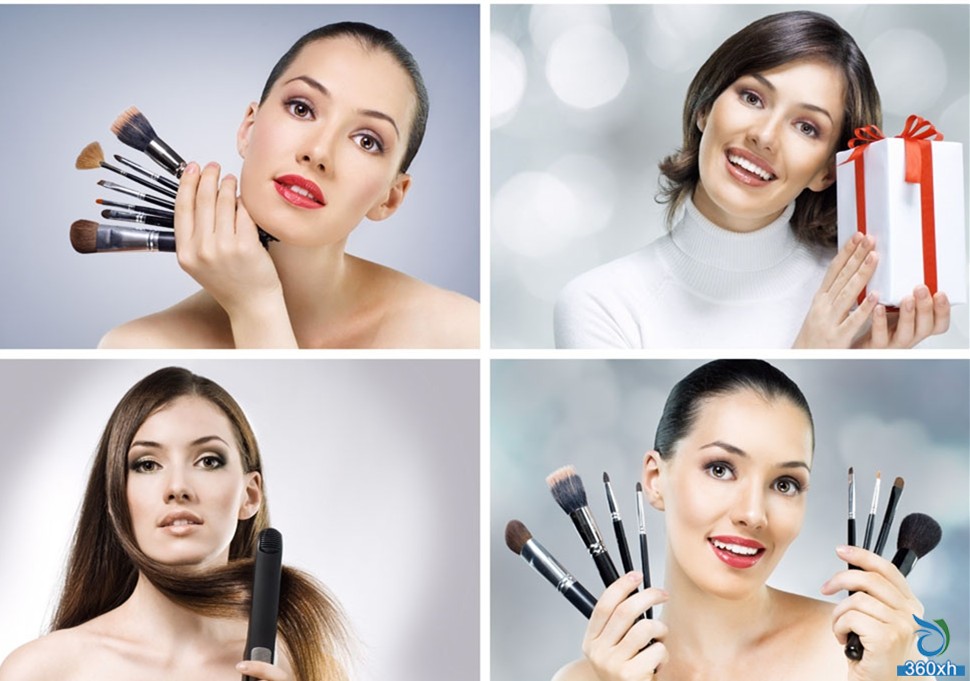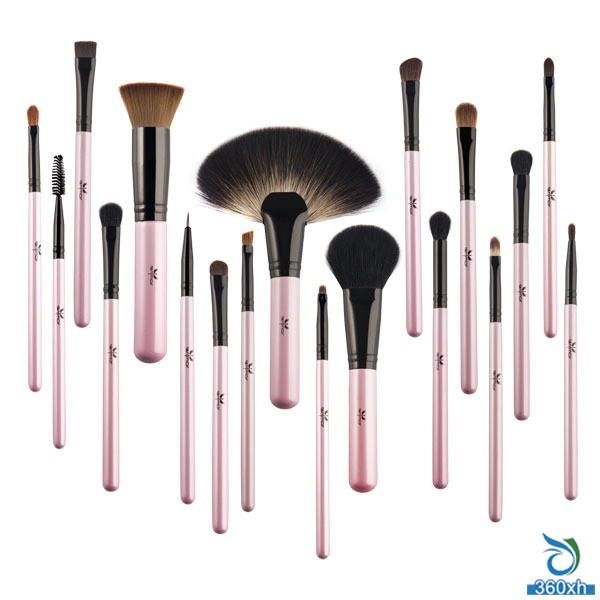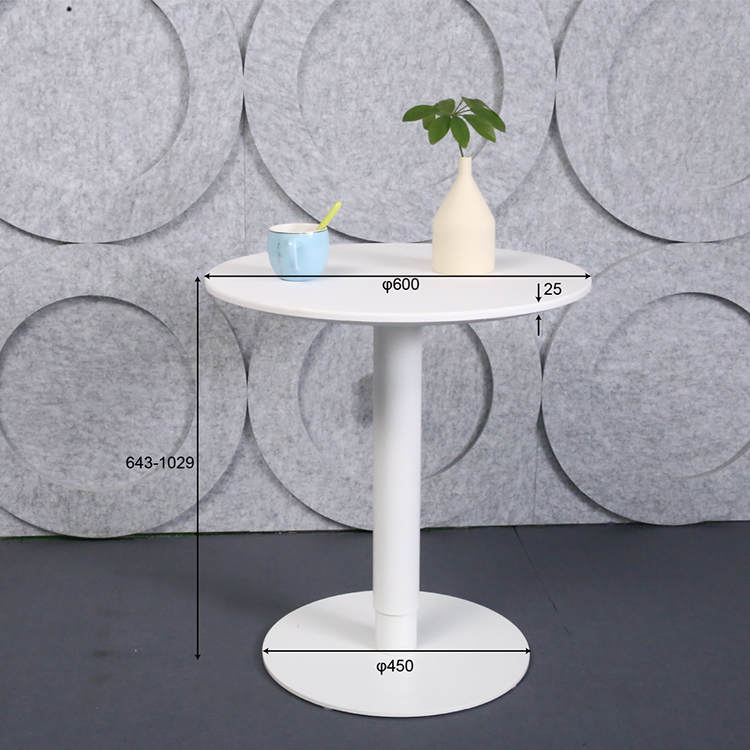Make-up tools are a paradise for bacteria. The more complicated the makeup steps, the more cosmetics you need to apply. The special tools for various cosmetics add up, and the quantity is also considerable. Foundation, powder, lipstick, eye shadow, blush, highlights, etc. should not be overwhelmed between the two hands. The clerk persuaded the brushes and puffs bought back, and it was not a general hardship to clean them. The eyeliner is not covered with a lid, and it is inserted in the pen holder at random; the used puff is thrown into the drawer... This is not surprising. The used cosmetic tools adhere to sweat and sebum, and the oil of the cosmetics itself absorbs the dust in the air (microblogging), becoming the best breeding ground for bacterial reproduction. The incompletely cleaned tools are in contact with the skin again, along with the bacteria. In order to prevent makeup from becoming a tragedy of adding acne and inflammation to the face, it is essential to carefully check the hygiene of the brush and puff.

For makeup artists, cleaning brushes and puffs are the basic principle every day. When the weather is hot, sebum and sweat are exuberant. At least every two days, the makeup tools must be thoroughly cleaned. In general, shampoo or detergent can also be used when cleaning brushes and puffs. However, considering the maintenance of the tool and preventing some potential problems, it is most appropriate to use a detergent containing antibacterial ingredients. Each hair of the brush is carefully cleaned, neatly combed, and air-dried at room temperature for one day. It does not need to be placed under direct light, and it can be sterilized in a place with good light transmission.
Cosmetics products are used for 1 to 2 years.
Unlike skin care products, most make-up products are used for 1 to 2 years, but there are not many cosmetic products that can be used. After the mascara has been used for a long time, the mascara will solidify and shorten its life. However, most mascara can still be used for more than 1 year. The most sensitive part of the face is the eye, which is very close to the mucous membrane. If you don't pay attention when applying mascara, it is easy to cause trouble. Although it is difficult to imagine that there are bacteria in the mascara that emits a chemical smell, it is a pity that the bacteria can actually exist in the mascara. A testing team in the United States has studied the long-lasting mascara solution, and one-third of the liquid has been found to have Staphylococcus aureus, mold, and the like. This is because when the mascara is applied, the bacteria adhering to the eyelashes are transferred to the stylus and enter the mascara. Try to add a preservative to the mascara to prevent bacterial growth, but it will basically fail after more than 3 months.

Mascara should be kept in a cool place
In fact, previous experimental results also showed that the preservative's effective period is shorter than three months. As the temperature increases, the ability of the bacteria to reproduce increases, and the efficacy of the preservative decreases. Therefore, mascara should be kept in a cool place. If you paint your eyes every day, it is safe to change your mascara 2 months or 3 months. When applying mascara, it is enough to go back and forth twice. The more times the mascara is applied repeatedly, the more bacteria on the eyelashes will adhere to the stylus, or the oil contained in the mascara will penetrate into the sweat glands around the eyes, causing inflammation or pinholes. When working in a hurry, many people like to paint their eyes while riding a car. No matter how outstanding the makeup technique is, for the sake of eye health, it should be more temperate. In fact, for those women who are looking at the car while painting, they can observe their eyeballs with a microscope and see a scary scratch.
Cosmetics are not shared
Through magazines and radio and television, the blind test of cosmetics is very popular. Compared with the temptation of advertising or brand effect, it is impulsive to buy products. Now, try to buy and shop around. increase. Unlike basic skin care products, make-up products have to go to the physical store to experience the trial products.
Trial sample of cosmetics store
However, it is inevitable that the "second-hand" traces of the trial products (especially lipstick, lip gloss, eye shadow) will be applied to the face. The Jefferson Medical University in the United States collected trial samples from department stores and cosmetics road stores and tested them. All the products were found to contain bacteria such as E. coli. For fragile eyes and lips, these bacteria become the culprit in inducing pruritus and herpes. >>> Makeup Tips: Open your eyes without moving the knife
